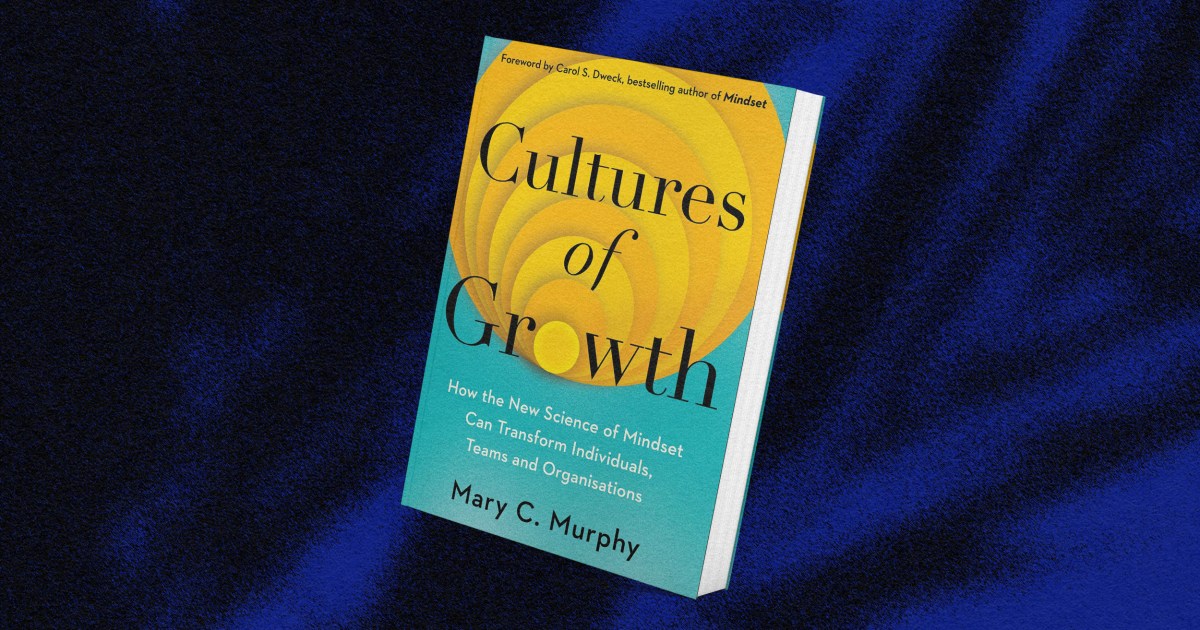-
Israel’s Forever War - Foreign Affairs (No paywall)
 To Israelis, October 7, 2023, is the worst day in their country’s 75-year history. Never before have so many of them been massacred and taken hostage on a single day. Thousands of heavily armed Hamas fighters managed to break through the Gaza Strip’s fortified border and into Israel, rampaging unimpeded for hours, destroying several villages, and committing gruesome acts of brutality before Israeli forces could regain control. Israelis have compared the attack to the Holocaust; Prime Minister Benjamin Netanyahu has described Hamas as “the new Nazis.” In response, the Israel Defense Forces have pursued an open-ended military campaign in Gaza driven by rage and the desire for revenge. Netanyahu promises that the IDF will fight Hamas until it achieves “total victory,” although even his own military has been hard put to define what this means. He has offered no clear idea of what should happen when the fighting stops, other than to assert that Israel must maintain security control of all of Gaza and the West Bank.
To Israelis, October 7, 2023, is the worst day in their country’s 75-year history. Never before have so many of them been massacred and taken hostage on a single day. Thousands of heavily armed Hamas fighters managed to break through the Gaza Strip’s fortified border and into Israel, rampaging unimpeded for hours, destroying several villages, and committing gruesome acts of brutality before Israeli forces could regain control. Israelis have compared the attack to the Holocaust; Prime Minister Benjamin Netanyahu has described Hamas as “the new Nazis.” In response, the Israel Defense Forces have pursued an open-ended military campaign in Gaza driven by rage and the desire for revenge. Netanyahu promises that the IDF will fight Hamas until it achieves “total victory,” although even his own military has been hard put to define what this means. He has offered no clear idea of what should happen when the fighting stops, other than to assert that Israel must maintain security control of all of Gaza and the West Bank.
For Palestinians, the Gaza war is the worst event they have experienced in 75 years. Never have so many of them been killed and uprooted since the nakba, the catastrophe that befell them during Israel’s war of independence in 1948, when hundreds of thousands of Palestinians were forced to give up their homes and became refugees. Like the Israelis, they also point to terrible acts of violence: by late March, Israel’s military campaign had taken the lives of tens of thousands of Palestinians, among them thousands of children, and rendered well over a million homeless. As the Palestinians see it, the Israeli offensive is part of a larger plan to incorporate all Palestinian lands into the Jewish state and get them to abandon Gaza entirely—an idea that has in fact been raised by some members of Netanyahu’s government. The Palestinians also hold on to the illusion of return, the principle that they will one day be able to reclaim their historic homes in Israel itself—a kind of Palestinian Zionism that, like Israel’s maximalist aspirations, can never come true.
Continued here -
The race for human-AI interaction usage data is on—and the stakes are high
 Google won search with its trove of usage data. Look for AI to be won in a similar fashion.
Google won search with its trove of usage data. Look for AI to be won in a similar fashion.
Continued here -
Decline in heart failure deaths has been undone, led by people under 45
 Heart failure mortality rates are moving in the wrong direction, a new analysis reports, reversing a decline in deaths that means more people in the United States are dying of the condition today than 25 years ago. The concerning conclusion comes as newer medications are raising hopes for better outcomes in the years to come.
Heart failure mortality rates are moving in the wrong direction, a new analysis reports, reversing a decline in deaths that means more people in the United States are dying of the condition today than 25 years ago. The concerning conclusion comes as newer medications are raising hopes for better outcomes in the years to come.
A research letter published Wednesday in JAMA Cardiology tracked U.S. death certificate data from 1999 through 2021, revealing a steady drop in deaths until 2012, when rates plateaued, then began to rise steadily, and accelerated upward once the Covid-19 pandemic arrived. Disparities between men and women and among racial and ethnic groups moved up almost in lockstep, but there was one glaring exception: age.
Continued here -
An Ex-DOD Hacker Raises $20 Million To Stop ChatGPT-Fueled Cyberattacks - Forbes (No paywall)
 A cyber startup founded by an ex-Defense Department hacker announces a $20 million raise and a presidential candidate as a customer.
A cyber startup founded by an ex-Defense Department hacker announces a $20 million raise and a presidential candidate as a customer.
Continued here -
Do You Know How to Spot Foods That Are Ultraprocessed?
 Highly processed foods have been linked to depression, anxiety and cognitive decline, among other things. Test your knowledge of how to spot them.
Highly processed foods have been linked to depression, anxiety and cognitive decline, among other things. Test your knowledge of how to spot them.
Continued here -
How Long Does It Take to Get Fit Again? (Published 2023)
 We all stray from exercise sometimes. Here’s how your body will bounce back.
We all stray from exercise sometimes. Here’s how your body will bounce back.
Continued here -
Opinion | This Is What a Miracle Drug Looks Like. And It Only Costs $5 to Make.
 The effects of semaglutide drugs won’t just be cosmetic
The effects of semaglutide drugs won’t just be cosmetic
Continued here -
Aristotle plus generosity: How to soften the hard-boiled leader
 I was on a plane, the regular shuttle between Boston and Washington, DC, sitting next to Steve, who had been my mentor since the day I joined BCG (Boston Consulting Group). We were in the bulkhead seats, on the right side of the plane. Yes, I do recall this detail; it was a vivid moment for me.
I was on a plane, the regular shuttle between Boston and Washington, DC, sitting next to Steve, who had been my mentor since the day I joined BCG (Boston Consulting Group). We were in the bulkhead seats, on the right side of the plane. Yes, I do recall this detail; it was a vivid moment for me.
He and I were on our way to DC to house hunt and open BCG’s Washington, DC, office, an office that had been a year in the planning. He was a senior partner; I was a manager at the time. I had already moved my family to DC to start two of my children in school. Steve and his spouse were going to follow sometime in the fall.
Continued here -
The Universe might never run out of hydrogen
 Nothing in this Universe lasts forever, no matter how large, massive, or enduring it appears to be. Every star that’s ever born will someday run out of fuel in its core and die. Every galaxy that’s actively forming stars will someday run out of star-forming material and cease doing so. And every light that shines will someday cool off and go dark. If we wait long enough, there will be nothing to see, observe, or even extract energy from; when it reaches a state of maximal entropy, the cosmos will achieve a “heat death,” the inevitable final-stage in our cosmic evolution.
Nothing in this Universe lasts forever, no matter how large, massive, or enduring it appears to be. Every star that’s ever born will someday run out of fuel in its core and die. Every galaxy that’s actively forming stars will someday run out of star-forming material and cease doing so. And every light that shines will someday cool off and go dark. If we wait long enough, there will be nothing to see, observe, or even extract energy from; when it reaches a state of maximal entropy, the cosmos will achieve a “heat death,” the inevitable final-stage in our cosmic evolution.
But what, exactly, does that mean for the simplest atom of all: hydrogen, the most common element in the Universe since the start of the Big Bang? That’s what Bill Thomson wants to know, writing in to ask:
Continued here -
"Cultures of growth": How small changes can build stronger, more successful teams
 In 2011, software engineer and satirist Manu Cornet posted a cartoon on his blog mocking Microsoft’s culture of cutthroat competition under CEO Steve Ballmer. The cartoon depicted the company’s org chart as a collection of guns, each one pointing at another employee. It became a viral sensation.
In 2011, software engineer and satirist Manu Cornet posted a cartoon on his blog mocking Microsoft’s culture of cutthroat competition under CEO Steve Ballmer. The cartoon depicted the company’s org chart as a collection of guns, each one pointing at another employee. It became a viral sensation.
Enter Satya Nadella. When Nadella became Microsoft’s CEO in 2014, he restructured the company’s culture around the psychological concept of a “growth mindset.” He built it into strategy decisions, resource allocations, and performance evaluations. He even revised the company’s mission statement to include “empower every person and every organization on the planet to achieve more.”
Continued here
Thursday 25th April 2024
Top stories this week